Task 1 (with rich vocabulary, idioms, and phrases)
1. Do you like visiting museums? Why or why not?
I enjoy visiting museums occasionally, but I wouldn’t say it’s a regular hobby. Growing up in Konni, there weren’t many museums nearby, so my exposure has been limited. However, I do like the idea of museums because they help you peek into the past and learn new things. The few times I’ve been to a museum, like the one in Trivandrum when I was a child, I remember being fascinated by the old artifacts and exhibits. Still, I find it more exciting to explore nature or visit places like wildlife sanctuaries.
2. What kind of museums are popular in your country?
In India, there are museums for almost everything, but I think historical and art museums are the most popular. I’ve heard about places like the Indian Museum in Kolkata and the Salar Jung Museum in Hyderabad, but I haven’t visited them myself. In Kerala, museums like the Hill Palace in Kochi and the Napier Museum in Trivandrum seem to attract a lot of visitors. From what I’ve read, they showcase artifacts, ancient tools, and traditional art forms, which are a window to our heritage.
3. Can you name a famous museum in your country?
The only museum I’ve personally visited is the Napier Museum in Trivandrum when I was in school. I don’t remember much except that it had some beautiful old sculptures and paintings. I’ve heard of other famous ones like the National Museum in Delhi, but I’ve only seen pictures of it online. Museums like that must be amazing to visit because they house treasures of history from all over the country.
4. Do you think museums are important for preserving history and culture?
Yes, I think museums play a huge role in preserving history and culture, even though I haven’t visited many myself. They are like time capsules, keeping important things safe for future generations. Without them, we might forget our roots or lose valuable knowledge about our past. For example, in a state like Kerala, where we have such a rich cultural heritage, museums help us understand how our ancestors lived and worked. Even though I don’t go often, I feel museums are a pillar of cultural preservation.
5. What are the benefits of children visiting museums?
I think children can learn a lot from visiting museums, even if they don’t realise it right away. When I visited the museum in Trivandrum as a child, I remember being amazed by the life-size sculptures and old coins. Experiences like that spark curiosity and help kids understand the world better. Museums also give children a chance to see history come alive, which is much more interesting than just reading about it in books. They’re a great place to plant seeds of learning for the future.
6. How do you think technology has changed museums?
I haven’t personally seen how technology has changed museums, but I’ve read about it. Virtual tours and interactive screens seem to make museums more engaging, especially for young people. It’s amazing that now people can visit museums online without even leaving their homes. Although I think the charm of walking through museum halls can’t be replaced, technology probably makes the experience more interesting for those who might find traditional museums boring.
7. Should museums charge an entrance fee, or should they be free?
I think it depends. When I visited the museum in Trivandrum, there was a small entrance fee, and it seemed reasonable because it helps maintain the place. But if the fees are too high, people like me might hesitate to visit. Maybe they could keep it free for children or on certain days to make it accessible for everyone. After all, museums are a gateway to knowledge, and everyone should have the chance to experience them.
8. How can museums attract more young visitors?
To attract younger people, museums need to be more interactive and fun. From what I’ve seen, many young people think museums are boring because they’re too quiet or formal. Adding things like touchscreens, interactive exhibits, or even storytelling sessions could breathe new life into the experience. Special events or workshops for children might also help, as they make learning more enjoyable. In a place like Kerala, tying museums to local festivals or cultural events could bring in more visitors.
9. What’s the difference between visiting a museum in person and taking a virtual tour?
I’ve never tried a virtual tour myself, but I think it’s a good option for people who can’t travel. Visiting a museum in person, though, has a different feel because you can see things up close and feel the atmosphere. It’s like the difference between watching a cricket match on TV and being in the stadium—you feel more connected when you’re there. Virtual tours are convenient, but they might not capture the essence of the real experience.
10. Do you think museums should evolve, or remain traditional?
I think museums should find a balance between staying traditional and evolving. While it’s important to preserve the charm of the old days, adding modern features like digital guides or virtual exhibits could attract more visitors. For someone like me who hasn’t been to many museums, a mix of old and new would make the experience more appealing. Museums should be places where the past meets the present, creating an exciting way to learn for everyone.
List of Vocabulary, Idioms, and Phrases (Task 1)
- Artifacts – Objects made by humans, typically of cultural or historical interest.
- Exhibits – Displays or presentations of items in a museum or gallery.
- Time capsule – A container storing historical objects or information for future generations.
- Heritage – Traditions, achievements, and beliefs that are part of the history of a group or nation.
- Cultural preservation – The act of maintaining and protecting cultural heritage.
- Interactive exhibits – Displays designed to involve visitors in hands-on experiences.
- Virtual tour – A digital simulation of visiting a place, often using interactive technology.
- Life-size sculptures – Sculptures that are as large as the objects or people they represent.
- Gateway to knowledge – A resource or place that provides access to learning and understanding.
- Accessibility – The quality of being easy to approach or use, especially for everyone.
- Engaging – Attracting and holding interest.
- Maintenance – The process of keeping something in good condition.
- Storytelling sessions – Activities where stories are narrated to entertain or educate an audience.
- Preserve – To keep something in its original state or in good condition.
- Spark curiosity – To ignite an interest or desire to learn more.
Idioms
- Peek into the past – To take a quick look at historical times.
- Breathe new life into – To revitalise or refresh something.
- Plant seeds of learning – To inspire or encourage a desire for knowledge.
- Gateway to knowledge – A means of accessing information or learning.
- Spark curiosity – To stimulate interest or desire to know more.
- The charm of the old days – The appealing qualities of the past.
- Feel the atmosphere – To sense or enjoy the environment or mood of a place.
- Tying museums to festivals – Connecting museums with cultural or celebratory events.
- See history come alive – To experience history in a vivid and engaging way.
- Make learning enjoyable – To create an enjoyable or fun way of acquiring knowledge.
Phrases
- Fascinated by the old artifacts – Strongly interested in historical objects.
- Window to our heritage – A way to view and understand cultural history.
- Enrich daily interactions – Improve the quality and depth of experiences.
- Balance between staying traditional and evolving – Finding a middle ground between old and new practices.
- Preserve the charm of the old days – Keep the appealing qualities of the past intact.
- A reasonable entrance fee – A fair price for admission.
- Make it accessible for everyone – Ensure everyone can participate or use it.
- Tie museums to local festivals – Integrate cultural events with museum activities.
- Engaging for young people – Captivating or interesting to younger audiences.
- Capture the essence of the real experience – Represent the core or true feeling of an experience.
Task 2
8. Topic: A Place You’d Like to Live
– Question 8: Describe a place you’d like to live in the future.
– You should say:
– Where is this place located?
– What attracts you to this location?
– How do you envision your life there?
– What changes would you need to make to move there?
TASK 3. Follow-Up Questions and Answers
1. What is the most important factor for you when choosing a place to live?
The most crucial factor for me is the quality of life. I look for a place that offers a balance of modern conveniences and serenity, such as good healthcare, job opportunities, and access to nature. A friendly community also plays a key role, as I believe a sense of belonging can make any place feel like home. “Home is where the heart is,” after all.
2. Would you prefer living in a bustling city or a quiet countryside?
Although cities offer creature comforts like entertainment and job prospects, I lean toward the tranquility of the countryside. “The grass is always greener on the other side,” but I feel at peace in open spaces with fresh air and nature’s beauty. Life in the countryside lets you take things slow, a welcome change from the rat race.
3. Do you think climate plays a role in choosing a place to live?
Absolutely, climate is a make-or-break factor. I’d struggle in extremely cold places, as I prefer moderate weather that lets me enjoy outdoor activities without discomfort. Kerala, where I currently live, has a tropical climate, but I imagine experiencing four distinct seasons could be a refreshing change.
4. How important is cultural diversity when deciding where to live?
Cultural diversity is the spice of life and greatly influences my decision. Living in a place where people from different backgrounds coexist enriches daily interactions. It’s fascinating to learn about other traditions, cuisines, and beliefs. “Variety is the spice of life,” and a diverse community embodies that perfectly.
5. What challenges do you think people face when moving to a new place?
Moving to a new place often involves navigating uncharted waters, such as adapting to a different culture, learning a new language, or dealing with homesickness. The financial burden and establishing a new social circle can also add fuel to the fire. However, with determination and an open mind, these hurdles can become stepping stones.
6. Have you ever lived anywhere else besides your hometown?
No, I’ve lived my entire life in Kerala, specifically Konni. Although I’ve traveled to other parts of India, I’ve never had the opportunity to live elsewhere. That said, I’d love to broaden my horizons and experience a completely different environment someday.
7. What do you think about the idea of living abroad?
Living abroad is an exciting prospect, offering endless opportunities for personal and professional growth. It’s a chance to step out of your comfort zone and learn new customs. However, it’s also a double-edged sword, as you might miss the comforts of home and face challenges like cultural barriers.
8. How do you think your lifestyle would change in your ideal place to live?
In my ideal location, I imagine a more relaxed and fulfilling lifestyle. I’d focus on living in the moment rather than rushing through life. For instance, I might take up gardening or other hobbies that align with the slower pace. “A change is as good as a rest,” and such a lifestyle shift would be refreshing.
9. How do family and friends influence your choice of where to live?
Family and friends have a profound impact on my decisions. While I dream of living in a new place, I’d find it difficult to move far away from loved ones. “Distance makes the heart grow fonder,” but staying close to my support system ensures emotional stability and shared happiness.
10. How do you plan to prepare for a big move to your ideal place?
Preparing for a move would require careful planning. I’d start by saving for a rainy day and researching the location’s cost of living, job opportunities, and housing options. Learning about the culture and language beforehand would also help me hit the ground running once I arrive.
List of Vocabulary, Idioms, and Phrases (TASK 3)
- Quality of life – Standard of health, comfort, and happiness experienced.
- Modern conveniences – Facilities or equipment that make life easier or more comfortable.
- Serenity – State of being calm and peaceful.
- Creature comforts – Material comforts that contribute to physical ease and well-being.
- Tranquility – The quality of being calm and peaceful.
- Moderate weather – Weather that is not extreme, either too hot or too cold.
- Tropical climate – A hot and humid climate typically found near the equator.
- Cultural diversity – The existence of a variety of cultural or ethnic groups within a society.
- Homesickness – The feeling of longing for one’s home during a period of absence.
- Uncharted waters – A situation or activity that is unfamiliar or new.
- Financial burden – The heavy financial responsibility or hardship.
- Support system – A network of people who provide an individual with practical or emotional support.
- Cost of living – The amount of money needed to sustain a certain standard of living.
- Broaden horizons – Expand one’s experiences, knowledge, or interests.
- Four distinct seasons – Having clear divisions between spring, summer, autumn, and winter.
Idioms
- Home is where the heart is – A place where you feel the most comfortable and loved.
- The grass is always greener on the other side – The idea that others’ situations always seem better than one’s own.
- Variety is the spice of life – Diversity makes life more enjoyable.
- Add fuel to the fire – To make a bad situation worse.
- Navigating uncharted waters – Dealing with an unfamiliar or unknown situation.
- Miss the comforts of home – Long for the familiar things and ease of one’s own home.
- A change is as good as a rest – Changing your surroundings or routine can be as refreshing as taking a break.
- Distance makes the heart grow fonder – Being apart makes you appreciate someone or something more.
- Hit the ground running – Start something and proceed at a fast pace with enthusiasm.
- Saving for a rainy day – Putting money aside for unforeseen circumstances or emergencies.
Phrases
- A sense of belonging – Feeling accepted and comfortable in a particular place or group.
- Take things slow – Adopt a relaxed or unhurried approach.
- Make-or-break factor – A decisive element that determines success or failure.
- Enriches daily interactions – Improves and makes social interactions more fulfilling.
- Step out of your comfort zone – Do something that challenges you or is unfamiliar.
- Living in the moment – Enjoying the present without worrying about the past or future.
- Profound impact – A deep and meaningful effect.
- Double-edged sword – A situation or decision with both positive and negative outcomes.
- Emotional stability – A state of being calm and emotionally secure.
- Careful planning – Thoughtful and detailed preparation.
IELTS Speaking Task Topics
Click on any topic to explore more!
Names

Learn about the importance of names and their cultural significance.
Study / Job
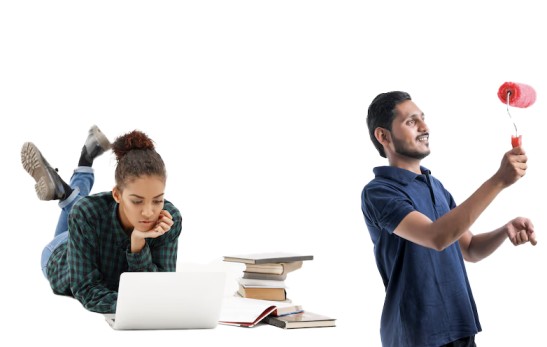
Discuss various aspects of studying and working in different fields.
Hometown
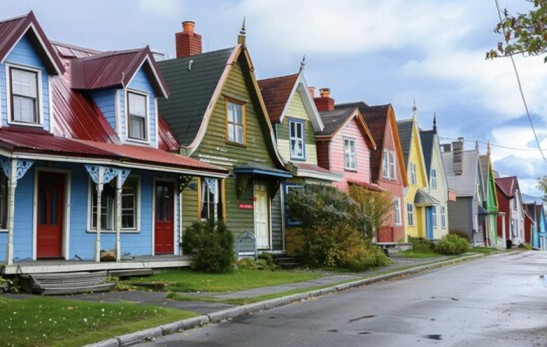
Explore the charm of your hometown and its unique features.
Accomodation
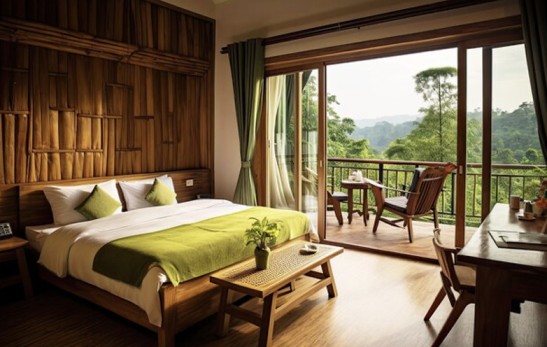
Understand various types of accommodation and living situations.
Weather

Learn about how weather influences daily life and activities.
Time

Discuss the concept of time, its importance, and time management.
Television

Talk about the role of television in modern entertainment.
Museum

Discuss the cultural importance of museums and historical exhibits.
Holidays

Explore the significance of holidays and different celebrations.
Films

Learn about the impact of films on culture and society.
Leisure Time

Discuss how leisure activities impact personal well-being.
Sport

Talk about the role of sports in health, entertainment, and culture.
Vegetables and Fruits

Discuss the health benefits and importance of fresh produce.
Maths

Explore the role of mathematics in various aspects of life.
Sky

Discuss the beauty and scientific significance of the sky.
Clothes&Fashion

Explore how clothing reflects culture and personal expression.
Weekend
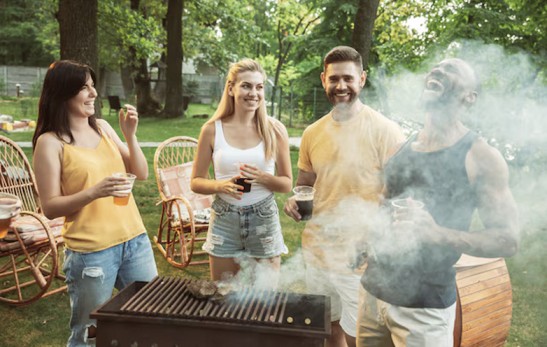
Discuss the importance of weekends and ways people relax.
Reading

Learn about the importance of reading and various reading habits.
Sleep

Explore how sleep impacts physical and mental well-being.
Trees&Plants

Discuss the environmental and health benefits of plants.
Newspaper

Discuss the evolving role of newspapers in the digital age.
Texting

Explore the role of text messaging in modern communication.
Memorising

Learn techniques for improving memory and memorization.
Travelling
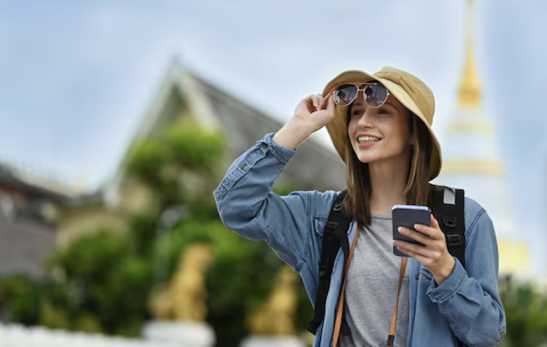
Discuss the importance and impact of traveling in modern society.
Communication

Explore the modes and significance of communicating well
Letter&Email

Explore the differences and significance of letters vs. emails.
Swimming

Discuss the benefits of swimming for health and fitness.
Snacks

Explore the role of snacks in daily nutrition and lifestyle.
Photography

Discuss photography’s cultural and artistic significance.
Help

Talk about the importance of offering and receiving help.
History

Discuss historical events and their impact on modern society.
Handwriting

Explore the significance of handwriting in education and culture.
Music

Learn about the influence of music on emotions and society.
Colours

Discuss how colours affect perception and mood.
Teachers

Explore the role of teachers in shaping students’ futures.
Being Alone

Talk about the experience and benefits of spending time alone.
Teamwork

Learn the importance of teamwork in professional and social contexts.
Countryside & City

Explore the charm and benefits of living in the countryside.
Social Media

Discuss the impact of social media on society and relationships.
Friends

Explore the importance of friendships in life.
Artificial Intelligence (AI)

Talk about the future of AI and its role in society.
Climate Change

Discuss the causes and consequences of climate change.
Transportation

Explore different modes of transportation in your area.
Sustainable Transportation

Explore ways to make transportation more environmentally friendly.
Space Exploration

Learn about the latest advancements in space exploration.
Shopping

Explore how shopping influences culture and the economy.
Modern Technology

Discuss how modern technology is reshaping society.
Technology

Learn about the role of technology in everyday life.
Sustainable Living
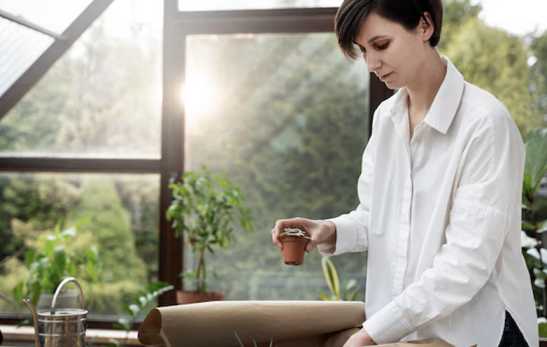
Explore ways to live sustainably for the future of the planet.
Globalisation

Learn about the effects of globalisation on society and economies.
Global Warming

Discuss the causes, effects, and solutions to global warming.
Gender Equality

Explore the importance of gender equality in modern society.
Health and Fitness
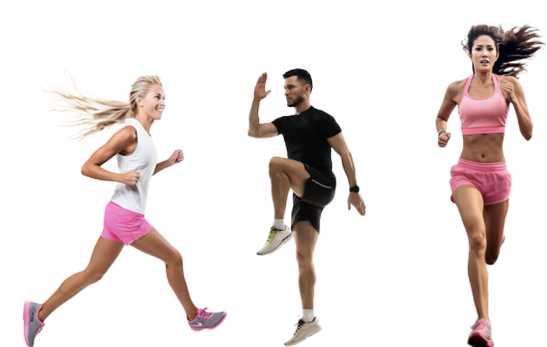
Discuss the importance of maintaining a healthy lifestyle.
Renewable Energy

Learn about renewable energy sources and their impact on the environment.
Cultural Traditions in Kerala
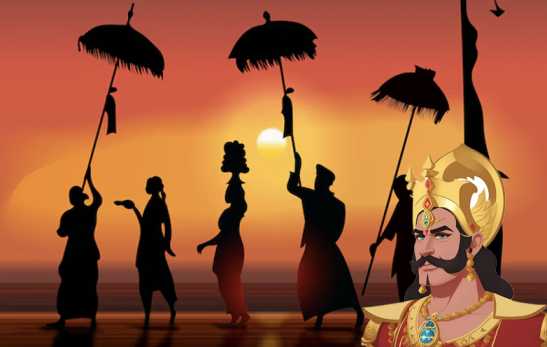
Explore the unique cultural traditions of Kerala, your hometown.
Cultural Traditions in Your Country
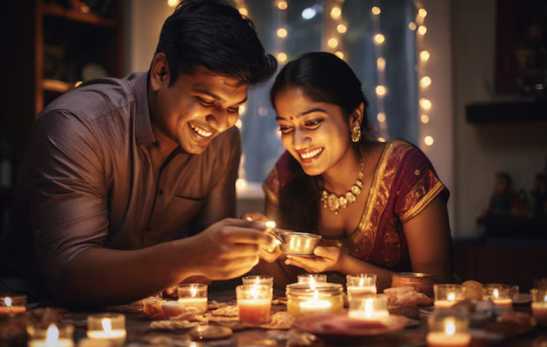
Learn about the cultural traditions in your country.
Education System

Discuss the education system in your country and its effectiveness.
Traditional Cuisine
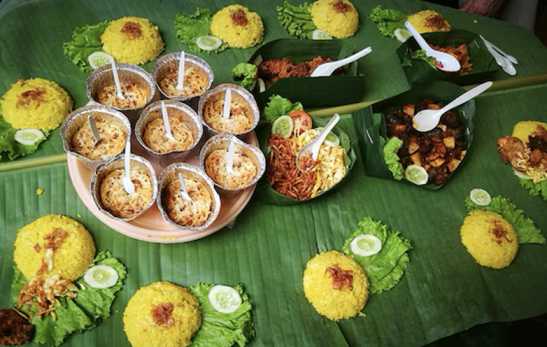
Explore the significance of traditional cuisines in your culture.
Do you need printed IELTS/ OET practice material? Place your order today. Available now for just Rs: 1,100 (including shipping all across India) Contact us at our WhatsApp number: +91 9886926773 to place your order. (Free for LTC students)
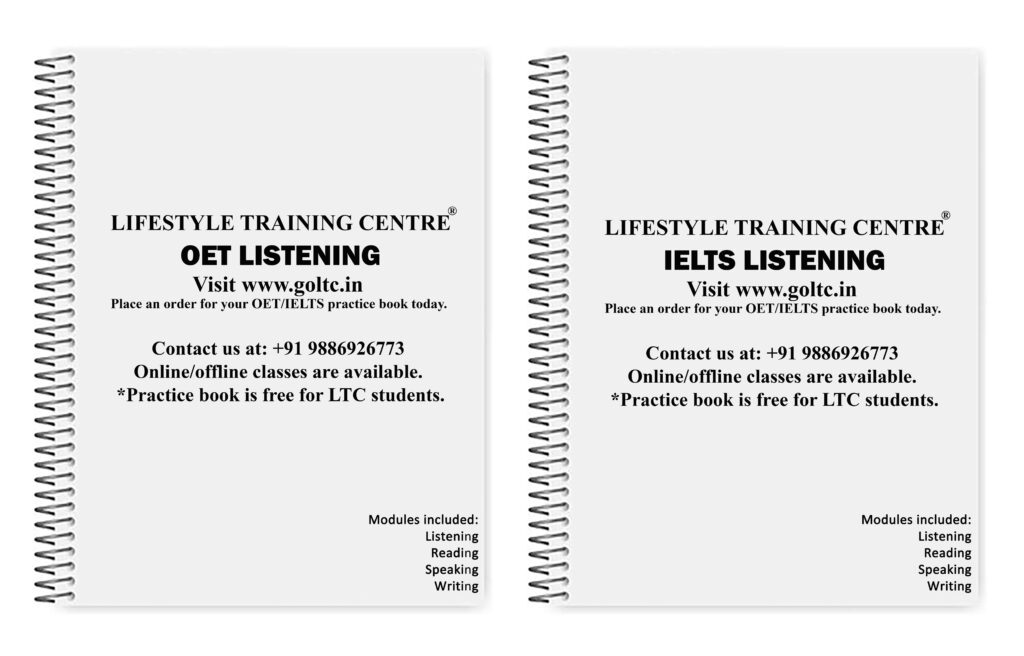
We hope this information has been valuable to you. If so, please consider a monetary donation to Lifestyle Training Centre via UPI. Your support is greatly appreciated.

Would you like to undergo training for OET, PTE, IELTS, Duolingo, Phonetics, or Spoken English with us? Kindly contact us now!
📱 Call/WhatsApp/Text: +91 9886926773
📧 Email: [email protected]
Visit us in person by following the directions on Google Maps. We look forward to welcoming you to the Lifestyle Training Centre.
Follow Lifestyle Training Centre on social media:
Thank you very much!
